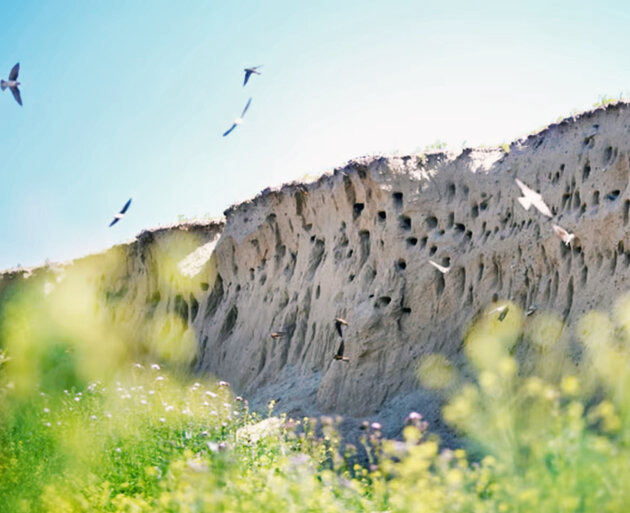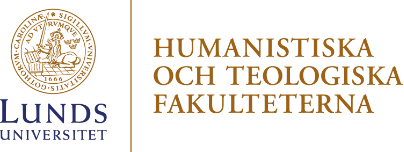nov
Introducing the mud to the sublime

Post-humanist methods for critical border studies
In this presentation, Mathilda Rosengren shares thoughts on applying post-humanist and more-than-human theories of ontology and agency in their current and previous research to better understand dwellings in borderlands within urban landscapes involving multiple species.
The title of this talk is inspired by Donna Haraway's criticism of Deleuze and Guattari's concept of "becoming-animal." Haraway argues that their philosophy tends towards “the sublime, not the earthly, not the mud”. Haraway suggests that it's the mundane interactions, between other-than-humans (and sometimes their human companions), which are essential for grasping a world that extends beyond the human.
Drawing from Rosengren's ethnographic studies in urban environments in Germany and Sweden, Rosengren will provide examples of how these intricate, 'muddy'/muddled relationships and everyday actions become a source of meaning in and of themselves. This occurs beyond the confines of human-centred philosophical metaphors, constructed borders, or typical sites of habitation.
Description
Mathilda Rosengren (Malmö university) gives a presentation, followed by a discussion with Umut Ozguc (Macquarie University), and questions from participants. William Kutz will be moderating the seminar. The webinar is free of charge, you find the link and a detailed description here:
www.cors.lu.se/en/introducing-mud-sublime
About the series
This is the sixth seminar of the series Dwelling, elsewhere: Comparative-methodological perspectives on borderland inhabitation, arranged and moderated by William Kutz and the Borderland Working Group, funded by CEMES. For more information about the Borderland Working Group or to join the mailing list, please write to William Kutz at william.kutz@cors.lu.se.
Om händelsen:
Plats: Digital
Språk:
In English
Kontakt: mia.krokstadecors.luse
